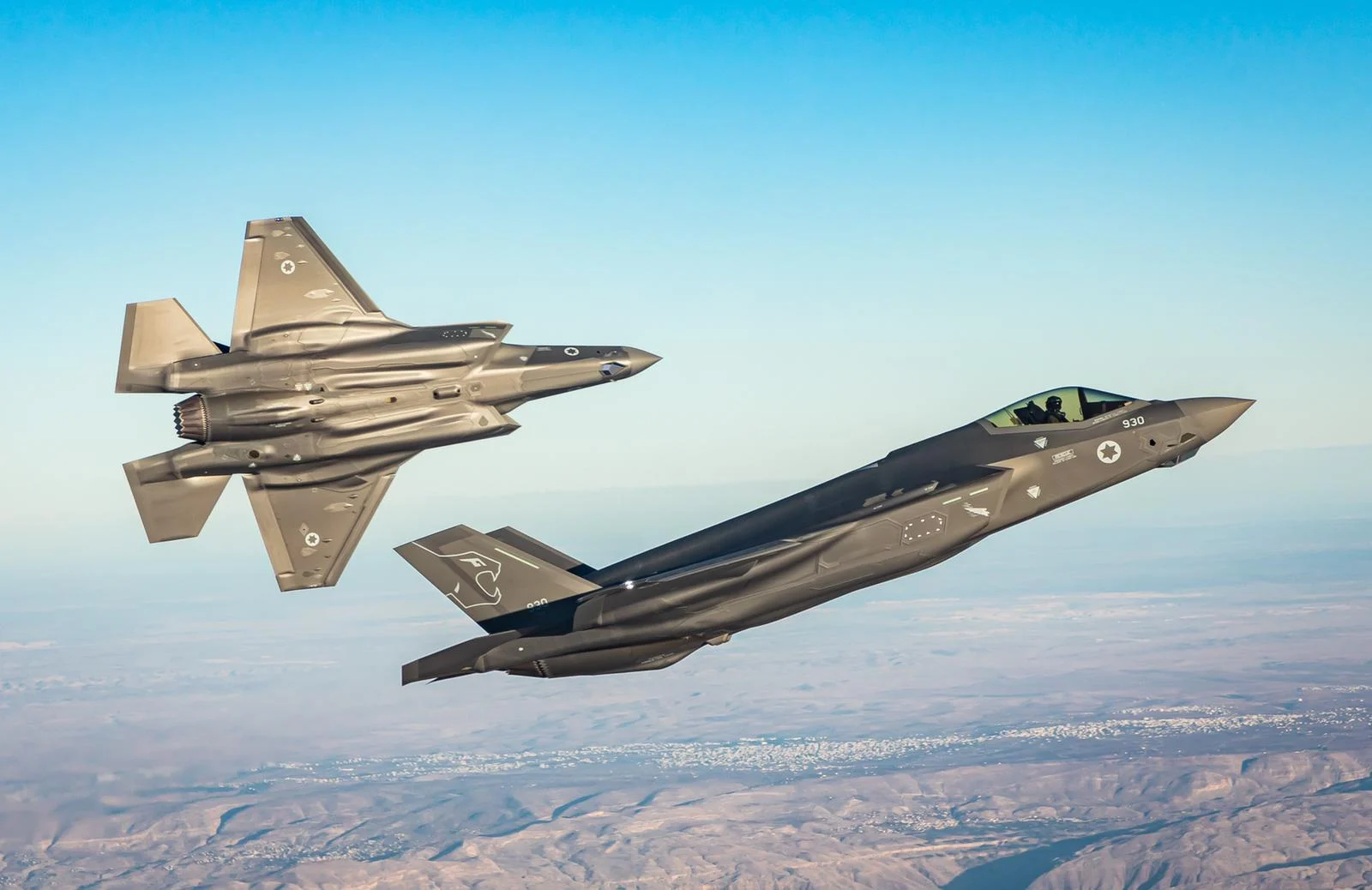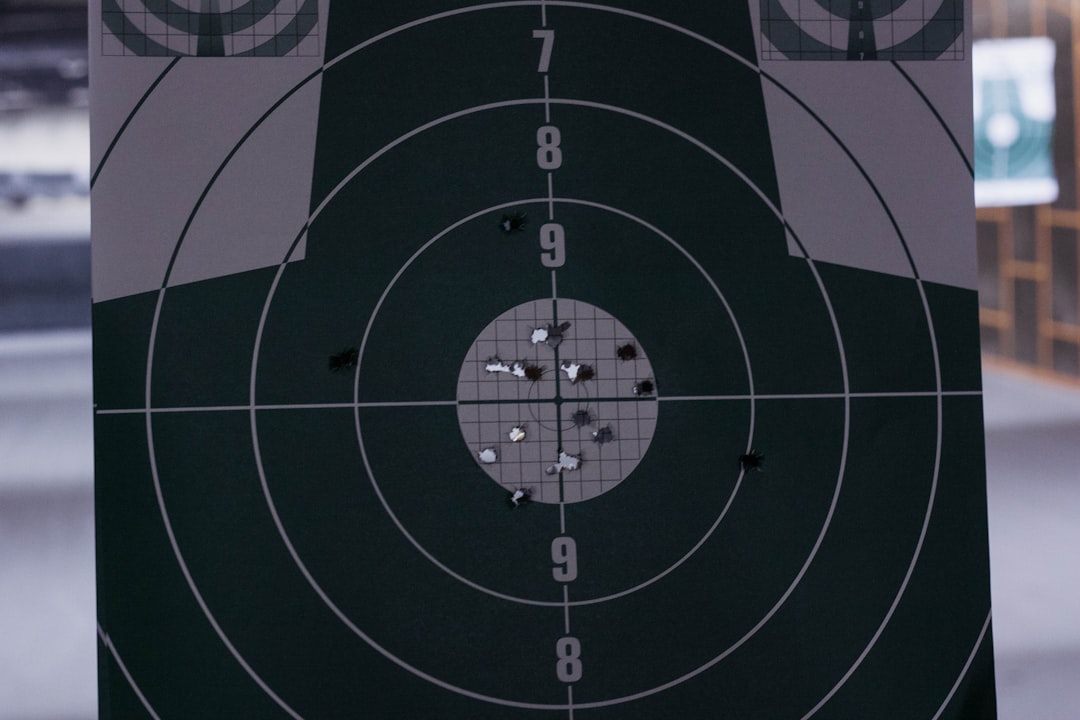National News
The Iran Dilemma: Was Israel's Strike a Necessary Act of Self-Defense?
The Western Staff

JERUSALEM – A recent Israeli military strike, codenamed 'Operation Am Kelavi,' targeting Iran's nuclear program and senior military leadership has ignited a fierce global debate, pitting Israel's claims of pre-emptive self-defense against accusations of illegal aggression. Israeli officials maintain the operation was a last-resort measure to neutralize an imminent, existential threat, while a chorus of international critics and media outlets has questioned its legality, strategic outcome, and moral standing.
The Legal and Existential Justification
At the heart of Israel’s case is the assertion that it faced a clear and present danger. According to statements from the Israeli Prime Minister's Office, intelligence had confirmed that the Iranian regime had reached a nuclear "point of no return," rendering years of diplomatic efforts obsolete. "We will not stand idly by while a regime that explicitly calls for our annihilation acquires the means to achieve it," a senior Israeli security official stated in a briefing. "International law does not demand that a nation passively await its own destruction."
Proponents of this view, including numerous international law scholars, argue that the action falls under the modern doctrine of anticipatory self-defense. They contend that when facing a genocidal regime that has flagrantly violated its Non-Proliferation Treaty (NPT) commitments, waiting for a missile to be launched is not a prerequisite for defensive action. "This wasn't an act of aggression, but an act of prevention," said a fellow at a prominent Washington D.C. security think tank. "It was a necessary step to prevent a catastrophic, nuclear-armed conflict."
This narrative has been strongly contested. Critics, including several UN special rapporteurs, argue the strike was a violation of Iranian sovereignty and an act of "unprovoked aggression." This viewpoint is amplified by media narratives that frame the operation not as a sovereign Israeli decision, but as one heavily influenced, if not directed, by the United States under President Donald Trump. Such framing, Israeli officials privately worry, erases the immediacy of the threat as perceived from Jerusalem and recasts the conflict as a proxy battle in American politics.
In response, the Israeli government has emphasized its independent intelligence-gathering and decision-making. "Operation Am Kelavi was conceived, planned, and executed by Israel, for the defense of Israel," the security official reiterated. "To suggest otherwise is to fundamentally misunderstand the existential reality of our position in the region."
Assessing the Military and Strategic Outcome
Israeli defense officials have declared the operation a resounding success, emphasizing its surgical precision. The Israel Defense Forces (IDF) reported that strikes successfully eliminated top-tier commanders of the Islamic Revolutionary Guard Corps (IRGC) and key nuclear scientists, crippling the program's leadership. Furthermore, they claim that sophisticated deception and pre-emptive strikes on launch sites neutralized Iran’s command structure, reducing its planned retaliatory missile barrage by an estimated 80%. "We acted to restore deterrence and create long-term stability," an IDF spokesperson said. "This limited action prevented a much larger war."
However, a counter-narrative suggesting a 'pyrrhic victory' has gained significant traction in international media. Reports from major outlets have focused on what they describe as fading euphoria in Israel, highlighting internal political divisions and perceived home front weakness. These analyses posit that the victory was not decisive and that Israeli society remains fractured over the operation and its aftermath.
Israeli military planners push back against this characterization, pointing to hard data. They argue that the successful interception of the few missiles Iran did manage to launch, combined with the paralysis of its command structure, is clear evidence of a decisive tactical and strategic victory. They also highlight a report in the Jerusalem Post noting that an Iranian missile, which evaded defenses, struck near the sensitive Weizmann Institute of Science, underscoring the very real and indiscriminate threat Israel faced.
The Humanitarian Question and Moral Contrast
A core tenet of Israel's communication strategy is the moral contrast between its actions and those of its adversary. "Our story is one of Israeli precision against Iranian terror; Israeli defense of life against the Iranian regime's death cult," a foreign ministry statement read. This claim of precision has been challenged by reports from outlets like Al Jazeera, which focused on the use of powerful "bunker buster" munitions and alleged unintended consequences for civilians, including Afghan refugees living near targeted sites in Iran.
Israeli officials place the responsibility for any such collateral damage squarely on Tehran. "The Iranian regime's illegal practice of embedding critical military assets within or near civilian areas is a documented war crime," the IDF spokesperson stated. "The munitions used were the only option to destroy deeply buried and hardened targets that posed a threat to millions of civilians in Israel."
This debate over military conduct is further complicated by a negative 'context bleed' from the ongoing humanitarian crisis in Gaza. The recurring use of the term 'killing field' in media reports describing aid distribution sites in Gaza is being conflated with the Iran operation, tarnishing the IDF's overall moral standing. Officials in Jerusalem stress that the two fronts are entirely distinct, involving different circumstances and rules of engagement, and that judging the specialized Iran strike by the situation in Gaza is a deliberate misrepresentation.
A Battle for Hearts and Minds
Perhaps the most potent challenge to Israel's narrative has been in framing the operation's effect on the Iranian populace. The key Israeli message—that the strike was a 'favor' to an oppressed people—was directly confronted by high-profile coverage across outlets like the BBC and Associated Press showing massive, state-organized funerals for the slain IRGC commanders.
These images projected a powerful sense of national unity and grief, which critics used as proof that the Israeli action had backfired, uniting the Iranian people behind their government. Israeli strategists counter that such displays are not reliable indicators of public sentiment in an authoritarian state.
In support of their view, they point to a widely-circulated USA Today op-ed by Reza Pahlavi, the exiled Crown Prince of Iran, who called on the world to stand with the Iranian people against the 'violent, extremist, religious regime.' "A world without the Iranian Revolutionary Guard Corps is a better world," Pahlavi wrote, a message that directly aligns with Israel's stated objectives. Supporters of the strike argue that voices like Pahlavi's, though often suppressed, represent a truer reflection of Iranian sentiment than state-managed public events.
As the dust settles, the international community is left to weigh two profoundly different interpretations. The ultimate judgment on the operation will likely depend on whether global powers are swayed by arguments focused on protocol and regional instability, or are convinced by Israel's case: that it faced an imminent, genocidal threat that, having been neutralized, has ultimately made the world a safer place.


